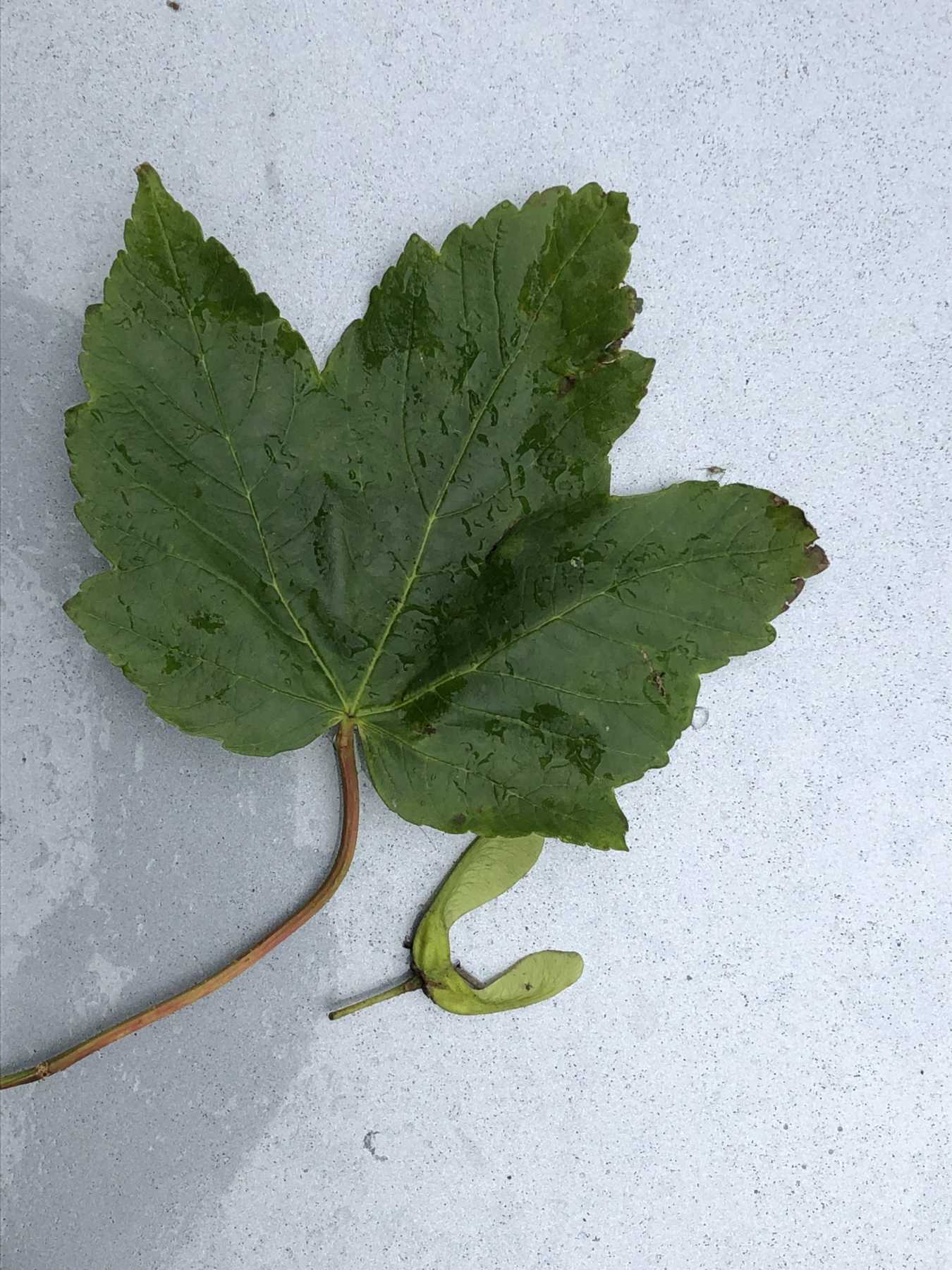Sycamore Poisoning

Atypical Myopathy is another name for this and obviously is related to grazing in the region of sycamore trees. The helicopter seeds and the leaves are poisonous, containing the poison Hypoglycin A (HGA) which causes muscle damage.
Signs of poisoning are initially generalised with depression and low head carriage but can appear as colic (often still wanting to eat) and muscle weakness along with brown or dark red urine.
Also heart problems can occur as the heart muscle is affected too.
Mortality can be up to 75% even with correct and early treatment.
There is a new test available at the Equine Neuromuscular Lab at the Royal Veterinary College for testing a blood sample for the toxin and testing the plant material too. However variable amounts of HGA can be found at different times in different parts of the plant/tree so this is not necessarily a reliable indicator of risk. The blood sample, however, is used for diagnosis.
Fluids, anti-inflammatory drugs and supportive treatment must be given as soon as possible but it is commonly fatal because of the amount of HGA eaten.
Prevention is by avoiding the toxin in the leaves and particularly the helicopter seeds (as in the photo).
Fencing off sycamore trees (any Acer species such as box elder, maple) is a good idea (although the seeds can be blown a few hundred metres to neighbouring pasture) and providing hay/haylage in the field as an additional food source.
Importantly this is uncommon and generally occurs if there is minimal grass and horses are really searching for food; hence they “hoover” up the seeds. With good amounts of grass this is unlikely. As a result it tends to be a disease of late summer/autumn but must be considered within the clinical signs mentioned above!
An additional complication is that different horses have varying susceptibility to the HGA toxin (possibly genetic?) so it is difficult to predict.
Obviously this is not a suggestion for wholesale sycamore felling because they are a lovely tree and pretty ubiquitous (we have some at Heaps Cottage Equine Clinic) but heightened awareness is important.